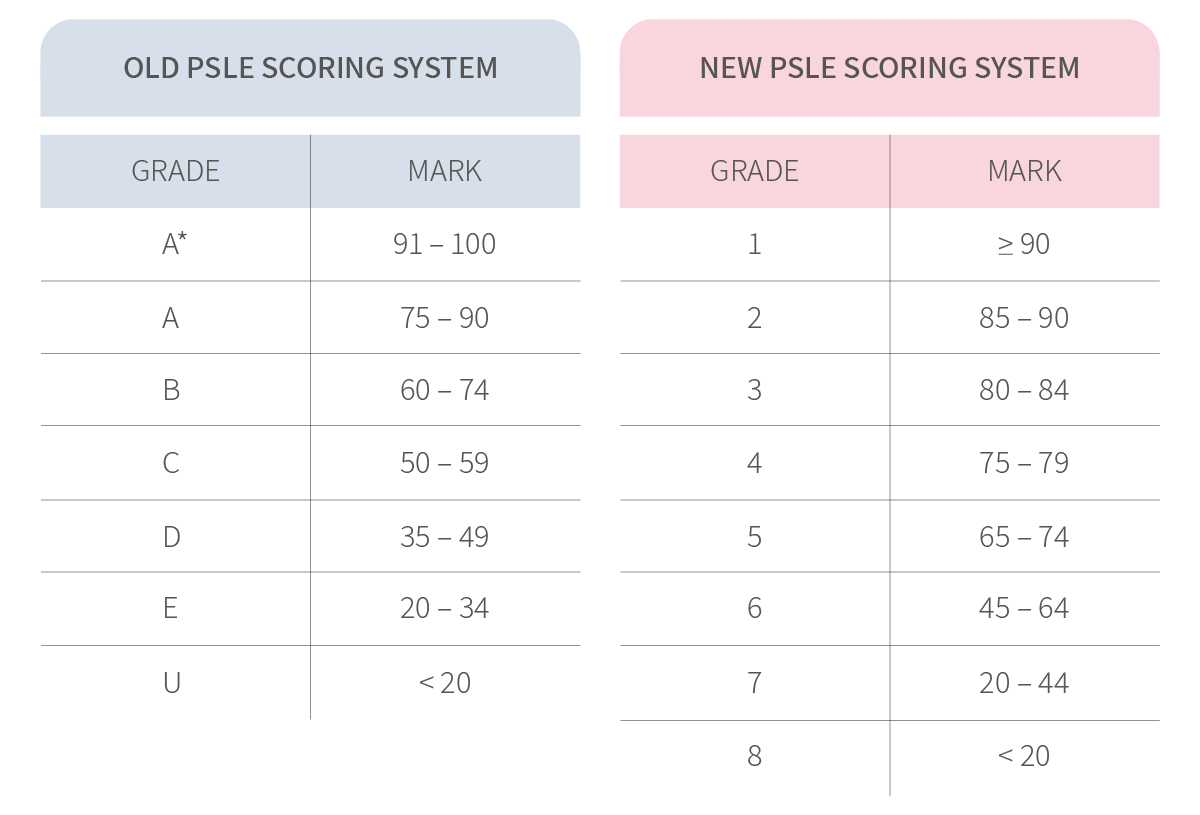
Open-ended questions in primary school science demand more than just a student’s mastery of content. Unlike multiple-choice questions (MCQ), which can be adequately tackled with rote memorisation, open-ended questions put students’ reading, writing and explanation skills to the test. Students are often given scenarios in open-ended questions which they may not have seen before that require the application of important scientific concepts.
Some degree of language competency is not only useful but also essential for doing well in science at all levels, as it allows students to demonstrate and communicate their understanding of content to examiners. These skills remain relevant even for scientists in their careers - there is no use discovering a groundbreaking theorem or insight if you are unable to substantiate and defend it to the scientific community!
In this article, The Learning Lab aims to highlight some of the challenges students face when they encounter open-ended science questions, and provide you with some tips to tackle them.

Tip 1: Read the Question Properly
The first step is the simplest, but it is also the most important. Unlike MCQ, what an open-ended question is asking of you may not be immediately apparent. Taking the time to understand the question fully is therefore an important step that should not be skipped. It prevents you from making a careless mistake and potentially going down the wrong path, wasting precious time, or submitting an answer that does not really address the question.

Before answering, you should first identify key words and phrases in the question. Words like “how” or “what” determine how your answer should be phrased. For example, the former might require you to describe or explain a process, while the latter might involve identifying certain properties or traits. It may be useful to highlight these keywords as you read through the question, so they remain foremost in your mind as you work on your answer. Understanding the question also helps you figure out which topic(s) you are required to refer to. Is the question asking you about energy, reproductive cycles, or even both?

Tip 2: Learn How to Use Science Terms Appropriately and Accurately
Once you have understood broadly what the question is asking of you, the next step is for you to express that level of understanding. Having identified the topics the question covers, you now need to dig into your bag of keywords and terms that you have painstakingly prepared for the exam, and use those that best fit the situation at hand. Be aware of when and how each keyword should be used. Your answer should address any direct queries, include any facts or concepts related to the question, and answer the question in full, especially if it has multiple parts. Always aiming to be logical, clear, and concise in your answers will keep you on the right track.
Each open-ended question has its own structure, and you will be required to deploy keywords and key terms in a way that follows that structure. You may not be awarded all the marks even if the correct terms are present in the answer, if you did not also arrange them in a flow that the question asks for and makes sense to the marker. This is why rote memorisation is not sufficient to tackle open-ended questions - the sequence that the concepts appear in your notes or textbooks could very well be jumbled up and shifted around in the question. Only include relevant information that you know the question asks for, and avoid the scattershot approach of writing down everything you know about the topic and just hoping for the best. Rote memorisation and regurgitation of facts also inhibit students’ ability to process information and make accurate inferences of the scientific concepts tested, which are important skills to develop.
Remember as well that markers are looking for indicators that you have thought critically about what the question requires and applied what you have learnt accurately and appropriately. In composing your answer, avoid generic statements and always draw reference back to the information you were given in the scenario or problem. For example, if the question compares the reproductive cycles of the dog and the platypus (one of two egg-laying mammals) and the diagram given to you clearly shows a platypus egg, then this is certainly information the examiners meant for you to process and factor into your answer. With full understanding of the relevant concepts and the question, you should be able to take into account exceptions to the rule like platypuses when applying what you have learnt to come up with a focused answer.

Tip 3: Apply The Learning Lab's TACKLE Method
Our easy step-by-step method allows students to perform a clear question analysis and formulate a proper answer. The four steps to the TACKLE method are as follows:
Identifying the Topic that the question falls under
Referencing and applying Associated scientific Concepts
Listing down the relevant Keywords and
Linking the keywords with supporting Evidence from the question
Our science specialists have put together a revision guide here that features examples of difficult open-ended questions and how we employ the TACKLE strategy to answer them accurately and precisely.
The odds are much higher that your child will either qualify comfortably for their new school, or fail to qualify in a clear-cut manner. To reiterate, the MOE has said that it expects only 1 out of 10 students to need to undergo balloting according to its simulations.
Secondly, there is no way you can tell anyway whether your child has been “disadvantaged”. Whether new system or old system, AL or grade, students are not given their individual scores for each subject in their PSLE transcript. So parents and students had no way of telling if a ‘B’ grade referred to 64 or 74 marks, and they will still have no way of telling if an AL 6 grade refers to 64 (a ‘B’ grade under the old system) or 54 marks (a ‘C’ grade), for example. You might think your child has been penalised, but you won’t know for sure.
Recalibrating for success in the PSLE
Regardless of the scoring system used, the PSLE remains a major academic milestone in your child’s life that he or she will need to prepare adequately for.
Find out more here about how you can equip your child with the tools to ace the PSLE with our highly-trained teachers, targeted pedagogy and customised curriculum.
Resources for Your Child's PSLE Journey
At The Learning Lab, we have a wealth of resources you and your child can benefit from to gear up for success in the PSLE. Read our other articles that break down each PSLE component in detail and impart strategic advice and study tips.
The complete overhaul of the PSLE scoring system from 2021 onward is doubtlessly daunting. But with our detailed breakdown in hand, you can ensure that both you and your child will be more than prepared for the challenges coming your way.
Ever find yourself constantly nagging at your child to study for the PSLE? We understand your frustration. However, your child may have valid reasons for "slacking off". Read on to gain an insight into your child's mind.
Find valuable tips on ways to help your child master the content covered in exams, hone key exam skills and how to exercise the right habits and attitudes to make this road towards the PSLE as rewarding as it is meaningful for your child.
The Learning Lab is now at locations. Find a location that suits your needs.
If you have any questions about our range of programmes or class schedules, you may contact us at 6733 8711 or drop us an email at enquiry@thelearninglab.com.sg.
Tackling New Challenges with Confidence
Open-ended questions carry a significant weightage (44 marks) in primary school science examinations, and it is important for you to know how to tackle them effectively and confidently with the right approach.
At The Learning Lab, our courses are designed to encourage students to think independently and critically so that they can in turn perform to their best in examinations. Find out more about our upper primary courses and how you can enrol in them here.
The Learning Lab is now at locations. Find a location that suits your needs.
If you have any questions about our range of programmes or class schedules, you may fill in the form below or contact us at 6733 8711 or enquiry@thelearninglab.com.sg.




![[TLL PSLE E-Book] Chapter 1: A Parent’s Guide to the PSLE](https://www.thelearninglab.com.sg/hubfs/Imported_Blog_Media/28-Mar---PSLE-Guidebook-Chapter-1-Jul-16-2024-04-06-56-6966-PM.jpg)
